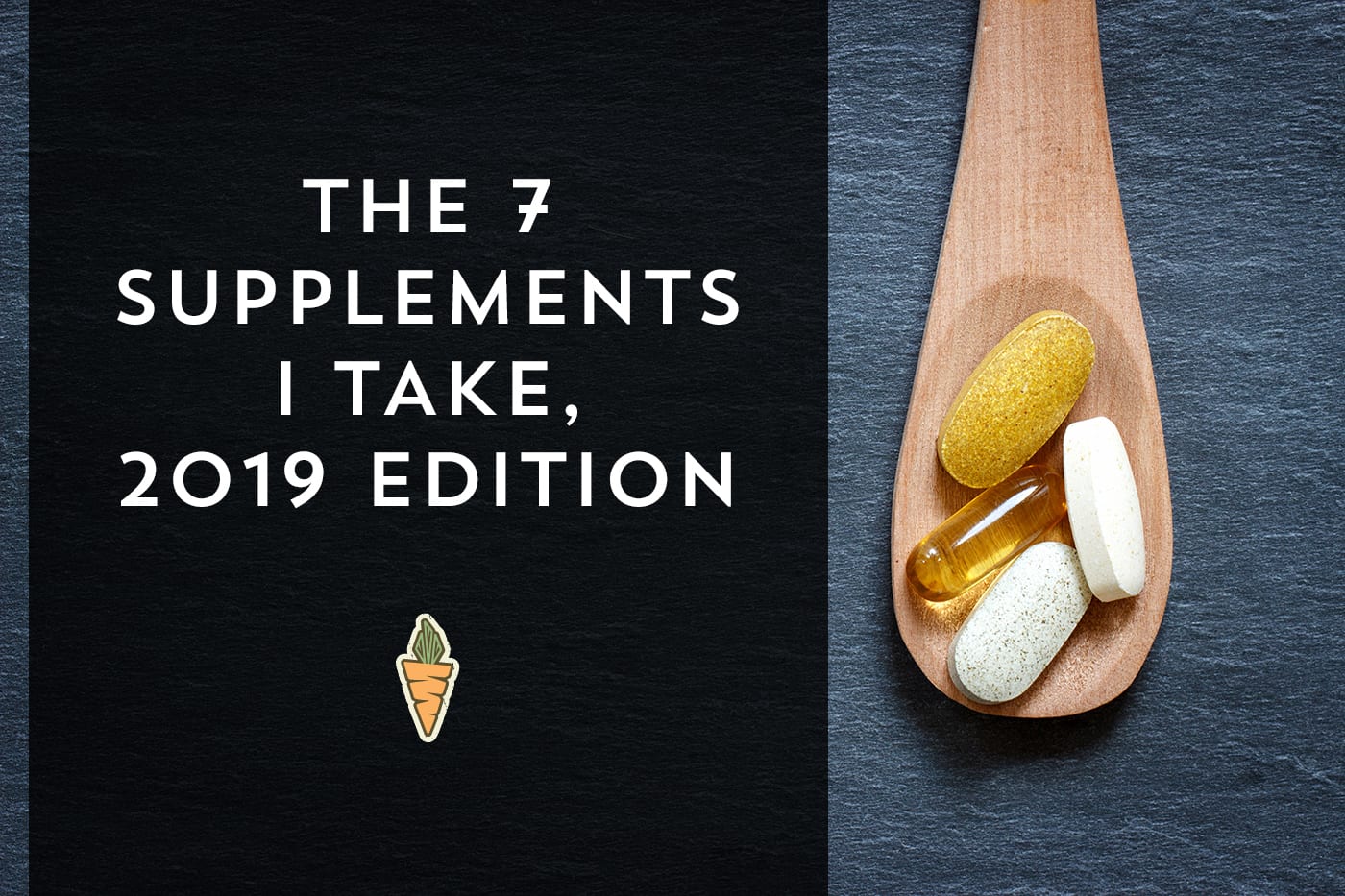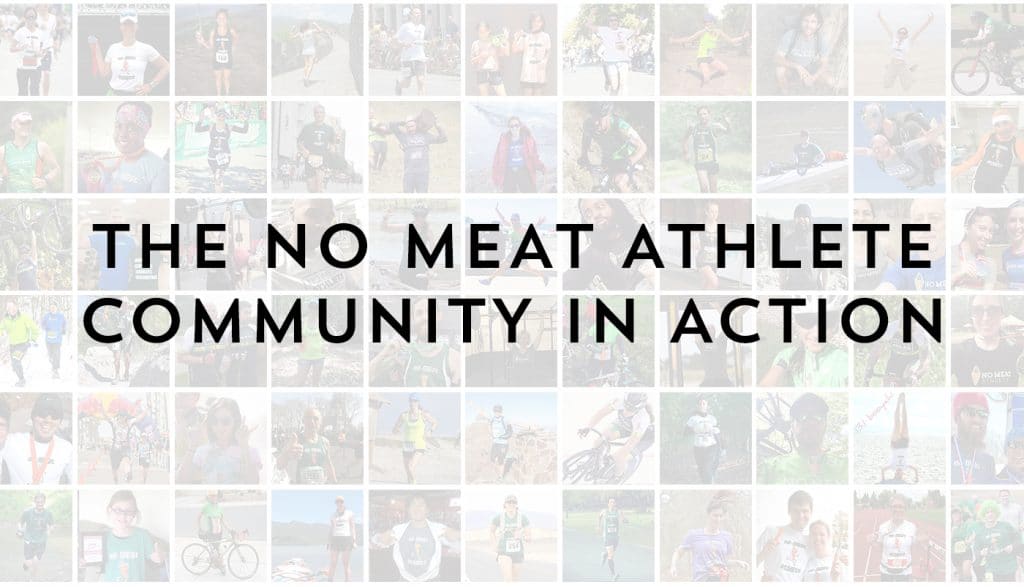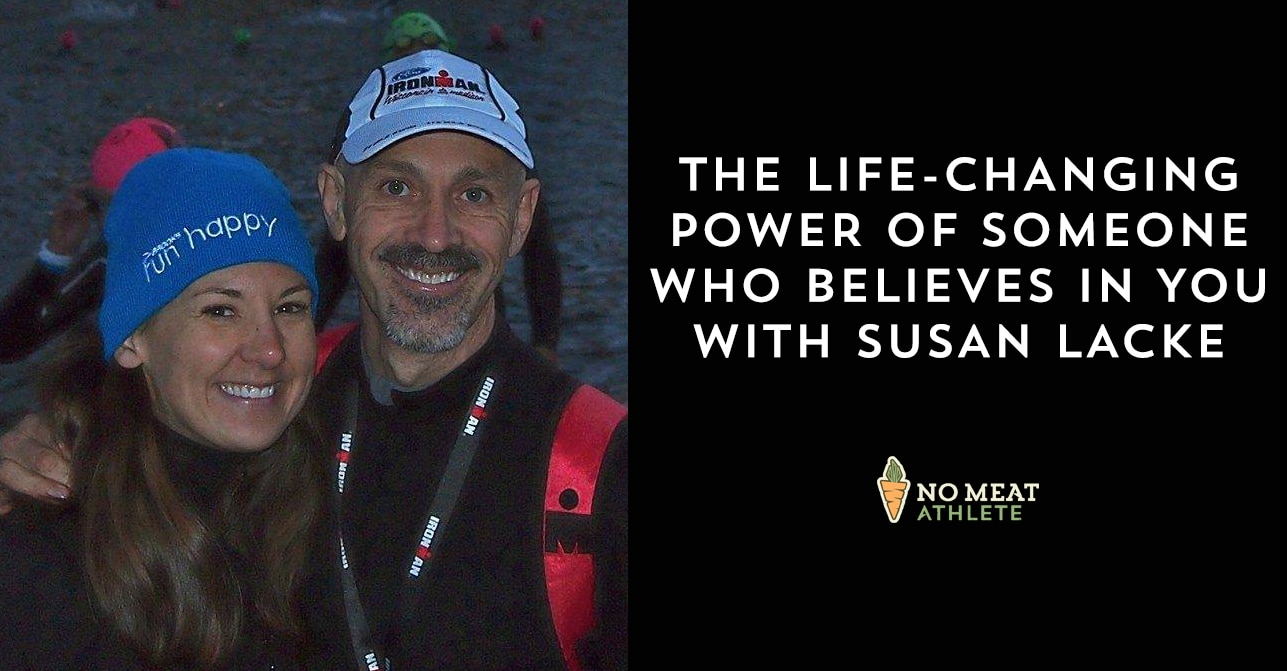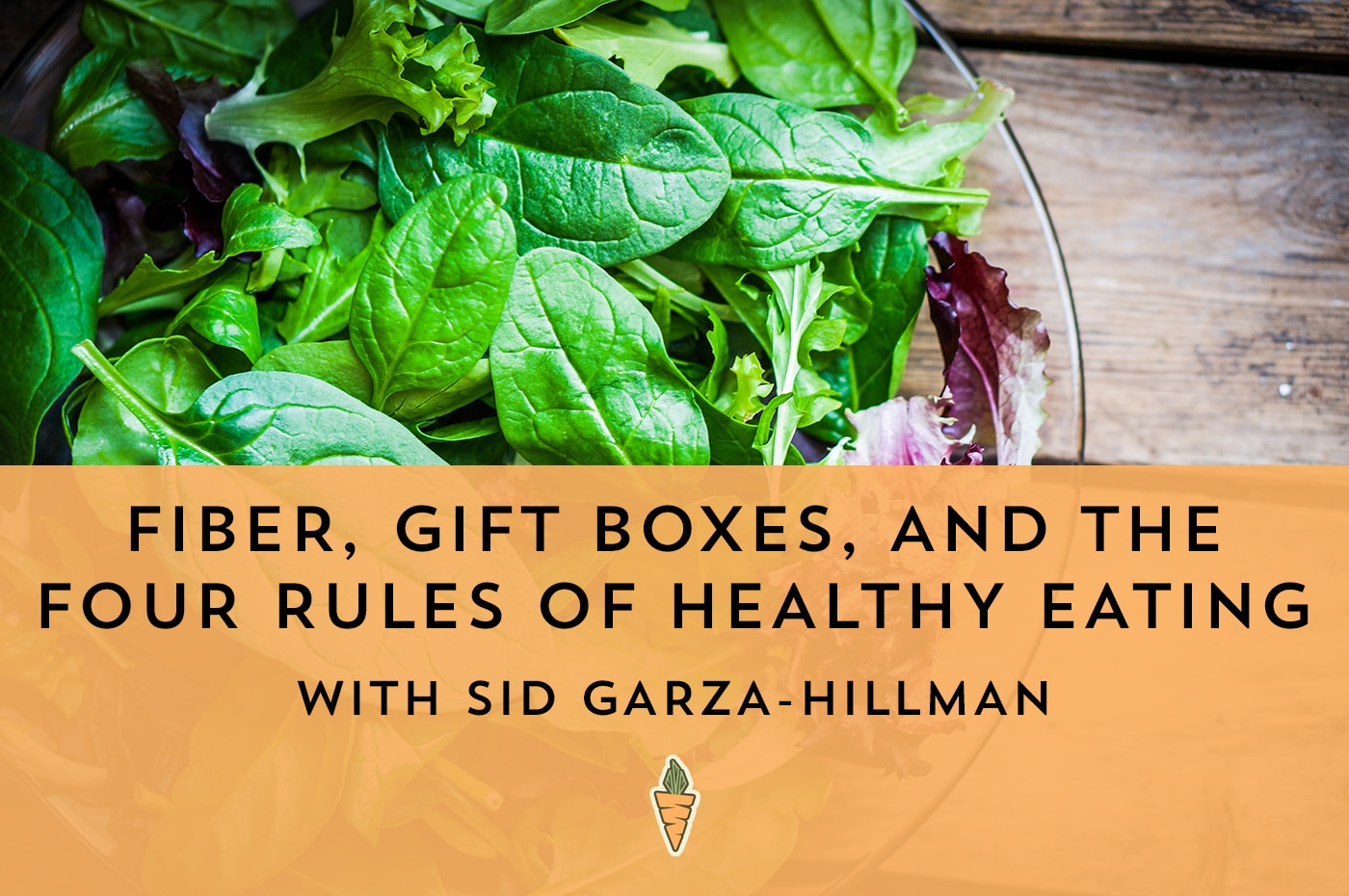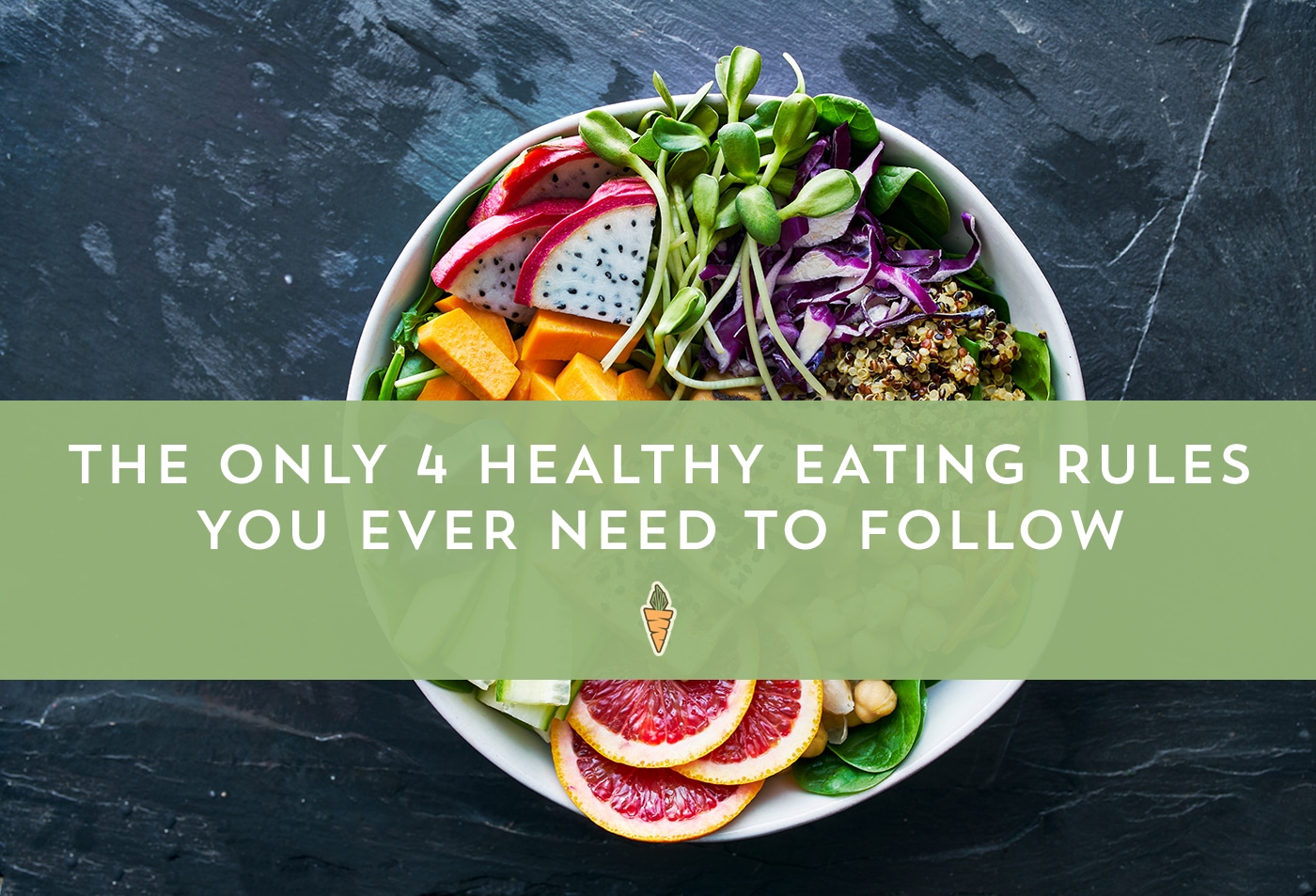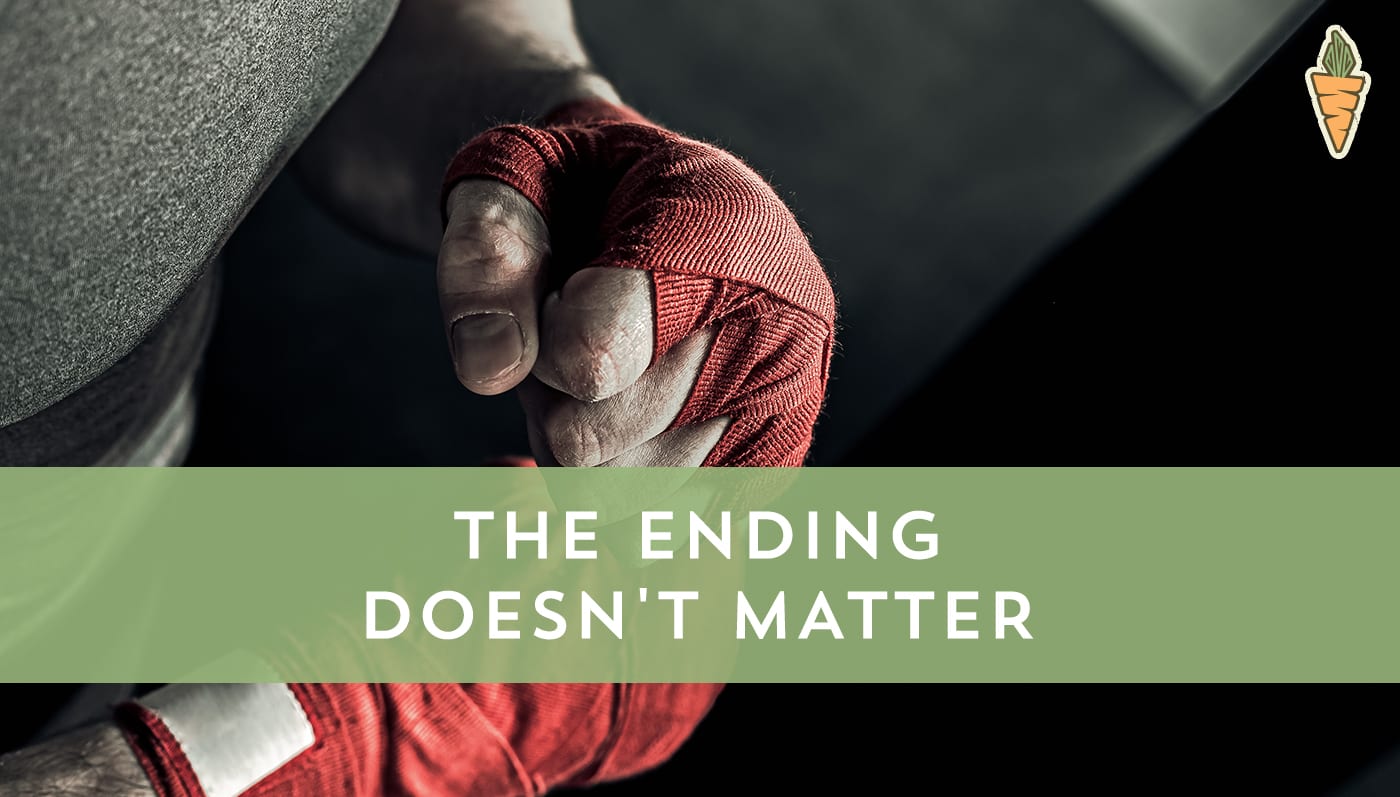
The Ending Doesn’t Matter
Corny as it sounds, I’m still a sucker for the movie Rudy.
But my favorite scene isn’t the ending, where he fulfills his lifelong dream by not just getting into a game, but making a sack (though I admit love this part and cry every single time).
Instead, it’s this one:
No drama, no triumph. Just a guy getting bludgeoned on the practice field, over and over and over.
If we didn’t know he was ultimately going to make it, we’d pity him — the way the coaches, the other players (the ones who belong there), and even his peers do.
Because despite the fact that he’s made some progress — getting himself onto the practice squad as an undersized kid with bad grades, for whom just getting into college was a major hurdle — everybody knows he’s not actually going to get to play for Notre Dame.
It’s sad to see someone so full of delusion, accepting so much pain, seemingly for no reason.
Of course, in this case, we all know it leads to that happy ending. All the pain, failure, and disappointment is ultimately worth it, because in the end, Rudy wins.
What I realize now, though, is that the ending doesn’t matter.
It’s been ten years since I qualified for the Boston Marathon, and gave a happy ending to my own, seven-year-long version of the Rudy story, in which I shaved 104 minutes off my time to get in. And it’s now been five years since last time I trained seriously for anything, since I’ve considered myself a runner.
Now that I’m back, something has changed.
What’s different now is I realize I don’t need the happy ending scene anymore. It doesn’t matter.
In doesn’t matter that Rudy ultimately gets his goal. Instead, it’s when he’s getting beaten up on the practice field where he has won. This is the entire point.
They say the reason we set goals is for who we become in pursuit of them. A tired cliché, maybe. But now I know it’s true.
When I finally did qualify for Boston, I was on a cloud.
Elated. For a week.
Then for about month, I felt good every time I thought about it.
And then… nothing. The fire of seven years was extinguished.
I didn’t even train for Boston itself. Just did the bare minimum I could to make sure I’d get across the finish line.
A few years later, I wasn’t even a runner anymore.
My point is that I was better before I had achieved the goal — when I was failing, miserably and embarrassingly, because I had told everyone I knew that this would be the time I qualified, and they just had to come watch me.
Failing, completely oblivious to the tragedy it must have been to watch me… but aware that I had failed just a little better than last time.
That was the best I ever was as a runner. When I was failing, but feeding off any bit of progress I could find, I would lie in bed at night, barely able to wait until the next morning when I could go out and do it again.
That’s the best part of the story, not the ending. And what I learned about myself there is the part that matters.
The success itself? Overrated, and probably unnecessary.
I’ve said before that if I had been smarter about the whole process, I could have done it in three years, instead of taking seven.
But now I realize the failure was what it was all about. If I could go back and do it all much smarter — with half the failure and suffering — I wouldn’t.
Getting knocked down and then standing back up — over and over and over — that’s the good part.
Fast forward 10 years…
I got into Muay Thai (Thai kickboxing) four months ago, and it’s the first time I’ve felt really excited about fitness since those Boston years.
And I’m really quite bad at it.
Largely, it’s because my hips are tight. I’m the least flexible person in class. Fifteen years of training for marathons and ultras taught my body that hips and legs are for moving forwards and backwards — not for twisting to correctly throw a punch (with your core, not your arms), and especially not for pivoting on one leg and turning over your pelvis to deliver a body kick with the other.
In my first month of training, I brought home new bruises every day. Feet, shins, chest, you name it. I even bruised — or maybe cracked — a rib in my second class, when the force of someone’s kick to the pads I was holding (incorrectly, I now know) drove my fist into my body. I immediately knew something was wrong. It was a month before I could sleep on that side again, and two before it wasn’t agony to sneeze.
Every time I think I’m starting to get somewhere, the instructor corrects my form, points out a fundamental problem that prevents me from generating enough power. Or, more humbling still, hits me in the head after I throw a punch and don’t bring my hands immediately back to protect my face again.
And so this is hard. Harder than running ever was, even when I was new.
So how, I wonder, did I get addicted to it? Why, for those first few months, did I go every single day that my rib injury (and others) allowed me to?
I think it’s because of the failure thing.
When I’m the least experienced, least flexible person on the mat, all I really have to fall back on is what running marathons and ultras taught me to be good at: how not to quit, even — no, especially — when it sucks.
So if I can’t punch as hard, kick as high, or defend myself as well as everyone else, at least I can be the guy who never, ever stops. Who gets up every time. Who doesn’t ever quit.
I can be the guy the younger, better fighters pity for all the pain he takes. I want to be that guy.
What I’ve learned about myself is that if I can find progress — even just a little, even when it’s invisible to anyone but me — then I’m happy. That’s why I’m having so much fun.
I have no goal with Muay Thai. The people in my class fight on weekends, but I don’t know if I’ll ever want to do that.
At first this concerned me, made me wonder why I was putting so much energy into this new hobby. If there’s no goal, what’s the point?
Now I get it.
Get knocked down, stand back up. Among all the failure and suffering, find the shred of progress, and keep going. That’s the point.
The ending doesn’t matter.




